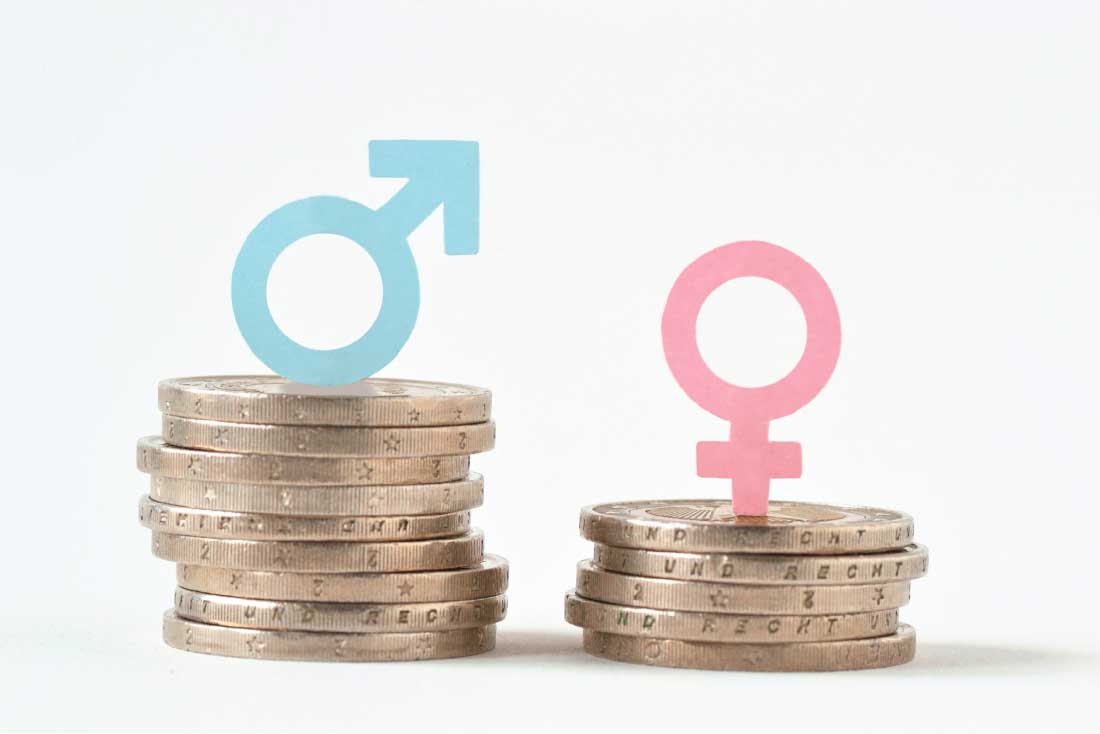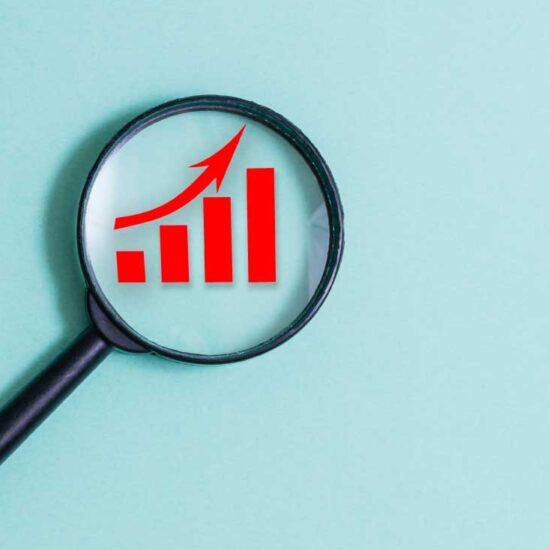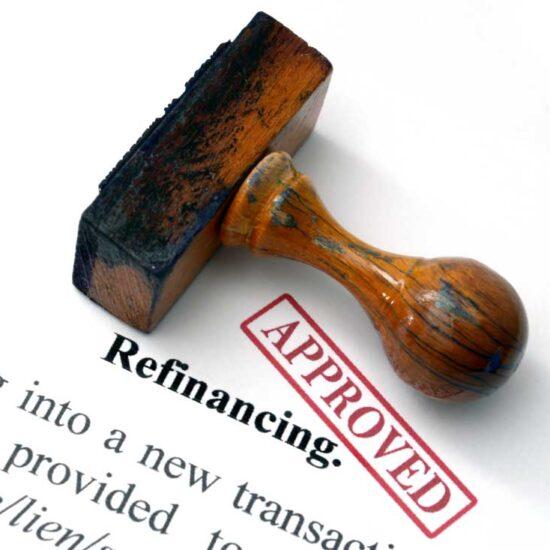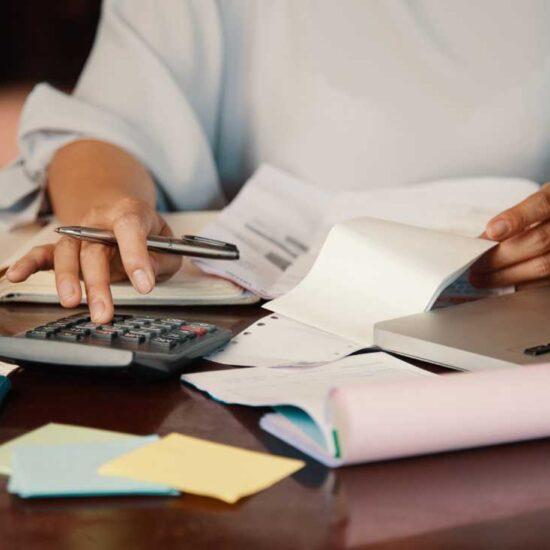
By Kate Hill, Adviseable
At the end of August there was a moment in time which yet again proved how much more difficult it is for women to create wealth.
What I’m talking about is Equal Pay Day, which was August 31, and officially marks the 61 additional days from the end of the previous financial year that women must work on average to earn the same annual pay as men in Australia.
Not only is this a time stamp that should remain a significant concern for everyone in our nation, but this year the situation has got even worse for working women.
You see, according to the report, women have gone backwards during the pandemic.
That’s right, the gender pay gap widened by 0.8 per cent during the six months from February to August this year.
The data, gathered from the Australian Bureau of Statistics (ABS) and released by Workplace Gender Equality Agency, calculated that the national gender pay gap stands at 14.2 per cent for full-time employees.
That percentage equals a difference of $261.50 per week between women and men and when we calculate that over a year it is an extraordinary $13,598 average shortfall between males and females in their take home pay annually.
The rise in the national gender pay gap was largely driven by a higher growth in men’s full-time wages (1.8 per cent increase) than women’s (0.9 per cent), according to the report.
Plus, there are some industries where the pay gap is still more than 20 per cent!
Investing earlier
While these sort of statistics are sobering, the fact that they are being tracked, published, and reported in mainstream media means that they are at least not being hidden behind closed boardroom doors anymore.
Of course, the gender pay gap is something that has been around for decades and it’s not likely to change for some time either – mainly because women continue to be the primary caregivers of children.
So, what can be done about it?
One of the main ways that women that create financial freedom, security, and wealth is via investing in property on their own.
What I mean by that is that if we can encourage and educate our younger generation of girls and young women to take charge of their own financial futures earlier then that can only be a good thing.
In my ideal scenario (and world) we would have a cohort of female investors who strike out on their own in property investment when they are still single.
Now, I’m not suggesting that they try to build a portfolio by themselves – although many can and do – but even if they were to purchase one strategic investment property, they will be setting themselves up better financially for whatever the future holds for them.
By owning, and retaining, a property or two in their own rights throughout their working lives, they will not only be future proofing their finances, but it will also ensure they have more choices later in life if they find themselves single again after a relationship breakdown.
Australia is a large country with myriad diverse and affordable property markets that can make sound investment locations.
This means that most women don’t need a huge salary to invest in the best property they can when they are young and unattached – and the sooner the better.







